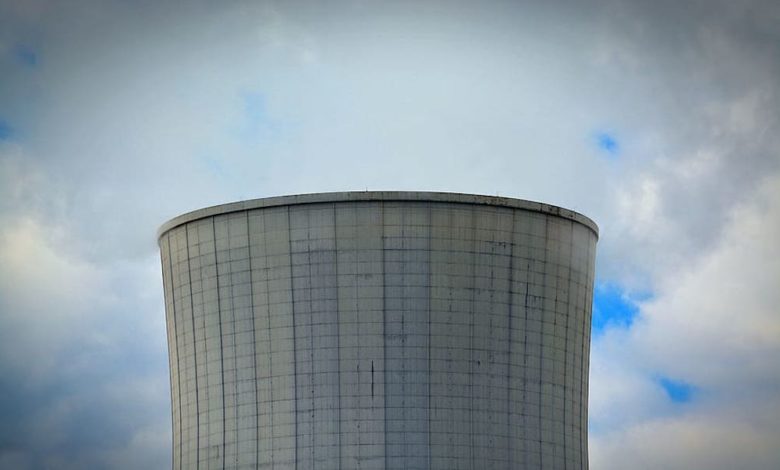
South Korea has followed China’s lead in announcing it will no longer finance the construction of new thermal coal-fired power plants abroad. Other nations are likely to follow suit.
While China’s decision last month – and now South Korea’s too – has been applauded as a way to cut global pollution, analysts at New York-based dry bulk consultancy Commodore Research suggest other reasons for the policy U-turn are afoot.
“The decision is a very wise and self-serving one as it is in China’s best interest to reduce how much it has to compete with other global consumers for thermal coal. Recent days have seen thermal coal prices continue to set new records in China (and throughout the rest of the world), and a global energy crisis is becoming ever more likely,” Commodore Research noted in a recent update to clients, going on to add: “Overall, thermal coal is becoming an increasingly valuable cargo, and both China and South Korea are wise to do anything in their power to reduce just how much they will have to compete with other nations for thermal coal in the future.”
It is in China’s best interest to reduce how much it has to compete with other global consumers for thermal coal
China’s power crunch has made plenty of headlines in recent weeks, and other massive economies such as India are also struggling to source enough coal at present sending prices skywards.
Backing up its argument, Commodore noted that Pakistan’s Ministry of Privatisation recently announced that investor consortiums from China, South Korea, and Russia have all expressed interest in investing in steel mills in Pakistan. While talks are still in the preliminary stages, Commodore said it was particularly noteworthy that China and South Korea are involved in these talks.
“Iron ore is plentiful and Pakistani steel mills pose no threat to China and South Korea (even though steel plants are heavy polluters). Thermal coal, of course, is another story and is quickly becoming a much more valuable commodity. Investing in overseas power plants is likely to continue to be shunned but investing in steel mills will be fine,” Commodore suggested.
